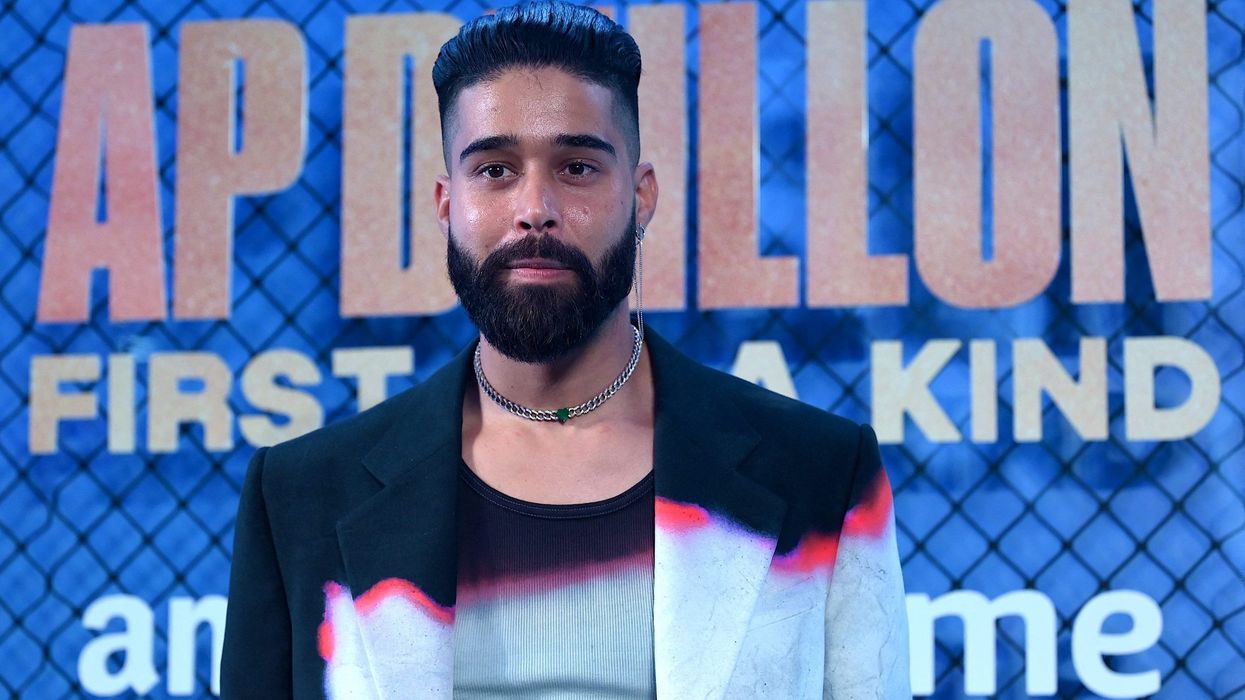India-born Canadian artiste AP Dhillon, a rising global star in the hip-hop scene with songs such as "Brown Munde", "Excuses" and "Summer High", believes the brown community is finally getting the appreciation it deserves.
The musician, whose journey from Punjab's Gurdaspur to Vancouver in Canada to finally tasting popularity is the subject of a new documentary series, AP Dhillon: First of A Kind, said he is proud that the world is taking note of the music created by Indians residing in Canada and the US.
"We, as a brown community, are getting the light, the appreciation that we deserve, and that our culture is moving forward, like hip-hop music... I don't think the world took us seriously before, and now they are.
"The music coming from India or the Indian people, who are in Canada or in States, is getting recognised. It is amazing to see all these artists now doing different things, trying independently... So it gave people hope that, 'If he can do it, I can do it too'," Dhillon told PTI in an interview.
The musician, 30, whose real name is Amritpal Singh Dhillon, moved to Canada in 2015 for his post-graduation course in Business Administration and Management. For about four years, he did odd jobs like working at gas stations and convenience stores, a detail that also features in his 2020 hit "Brown Munde".
While music was always his passion, he initially wanted to become a basketball player.
"Before this, I just wanted to be a basketball player. When I moved to Canada, I was in survival mode. I salute all the students who go there. They work so hard; they go there from such a different culture. They try to fit in, there is pressure of working, making money, and going to school.
"Sometimes you forget about your dreams, you just want to survive. But we didn't stop. Music was always my passion. I wanted to make music, I loved singing, and playing guitar here and there," he said.
While there is no single track that drew him towards becoming a singer, Dhillon said he counts Punjabi icons Jitender Sartaj, Amar Singh Chamkila, and Sidhu Moosewala as well as maestro A R Rahman and singer Arijit Singh among his inspirations.
"I used to listen to artist tracks, I would listen to a lot of Punjabi artists like Jitender Sartaj, Garry Sandhu, Amar Singh Chamkila, they are legends, Gurdip Mann. I used to listen to all sorts of music... There've been some great artists, like so many... Arjit Singh, AR Rahman, Siddhu were amazing. There is a lot of old music. So, a lot of these artists inspire," he added.




